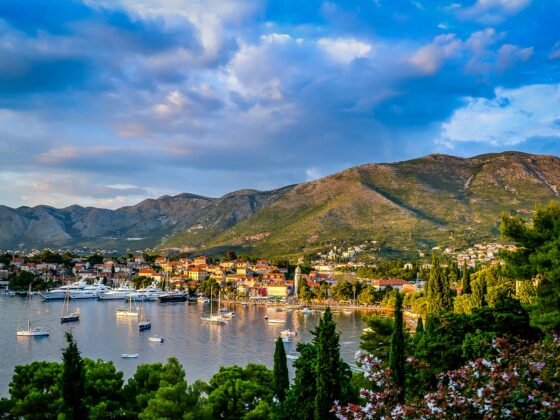London is a vibrant, historic and fascinating city. It is known the world over for its interesting and well-appointed museums, architecture and history. Tourists flock to world famous landmarks and attractions like Big Ben, Westminster Abbey and the London Eye. The lively theatre and music scenes are respected internationally and the shopping opportunities are fabulous.
However London has also just been unveiled as the most expensive city in the world, ahead of Oslo, Zurich and Paris, by TripAdvisor’s TripIndex. However, by following our tips and advice you can still give London the time and attention it deserves whilst sticking to even the tightest budget;
DO Use the London tube system and the local trains
DON’T Rent a car or depend on taxis
London has a large and complex subway, aka “tube” system with an interconnected network of suburban and long distance trains. The trains and the tube system can be intimidating to newcomers, however, day passes for the tubes are fairly inexpensive and maps are posted everywhere. It really is easy to figure it out if you pay attention. Pick up an Oyster smartcard which you can use on the buses, tube, tram, DLR, overground rail services and National Rail services. For a driver that’s new to the city, the roads are considerably less straightforward and both car rental and parking are pricey. Beware the inner London congestion charge which is applicable Monday to Friday 7am to 6pm and is currently set as 10 GBP (15.70 USD) per vehicle. Similarly, London taxis are costly and are best reserved for that special night out.
DO Stay in a London suburb with good public transport links
DON’T Stay in a large hotel in the center of the city
You can save a lot of money on your hotel accommodation if you stay in the local suburbs and take a train or tube into London for sightseeing and nights out. Outlying neighbourhoods on the tube system also offer less expensive accommodation than the central part of London. For example, you could reserve a room at one of the reasonably priced small hotels or bed and breakfasts near Euston Station. It’s a large and well-connected tube station, and it’s walking distance from University College London and quirky, lively Camden Town. Euston Station is just barely part of the inner zone on the tube system, which will save you money on day passes. Also consider swapping large chain hotels for smaller locally run guesthouses and bed and breakfasts to save money.
DO Use online reviews to find good quality bars, restaurants and cafes
DON’T Frequent flashy or famous places to eat
London is an ethnically diverse city filled with interesting places to eat, with a wide choice of Thai, Indian and Italian restaurants. Almost every cuisine from across the globe is catered for in London from Arabic, Nepalese, Colombian and Tex-Mex. Steer clear of the famous hotel and restaurants which also come with a hefty price tag (unless it’s a special occasion). Gordon Ramsey at Claridges, Jamie Oliver at Fifteen N1 and Heston Blumenthal at The Fat Duck in Bray all offer superb Michelin star dining but are best reserved for the last night of your stay. The web is an invaluable resource for finding restaurants that you’ll remember because of the ambiance and the quality of the food rather than the lingering balance on your credit card.
DO Visit museums and explore neighbourhoods on foot
DON’T Expect historic properties or entertainment to be inexpensive
The theatre scene in London is world famous and so are its many landmarks. You might expect a visit to an historic property like Westminster Abbey to be free or inexpensive. That is not necessarily the case. Many London museums and art galleries are totally free to explore, such as The Tate Modern, Tate Britain, Victoria and Albert Museum, Serpentine Gallery and the Museum of London. However some of the historic buildings can be quite expensive and they may have limited opening hours or be accessible only by way of official, guided tours. However, once you’ve mastered the tube system, every London neighbourhood will be available for exploration. Low cost walking tours are offered in many areas of London and they are one of the best ways to learn about the city.
DO Plan your London trip in advance and prioritise what you want to see and do
DON’T Try to improvise without background knowledge
Most of the high profile sights and activities in London cost money and require advanced planning. Decide which are the most important to you and plan your trip around them. Make sure that you research entry fees, ticket costs, opening times, and transportation to and from the places that you, personally, absolutely must visit. This is where travel guides and discount travel websites are invaluable as pre-booking often comes with additional discounts. They offer information and good deals on the places you really want to see and the things you’re most excited about doing in London. If you missed the recent London 2012 Olympic Games, the 2012 Paralympic Games are about to kick off and tickets are still available. For a cost of just 10 GBP (15.70 USD) per person this will get you into the main Olympic sporting events that have been broadcast across the world.












